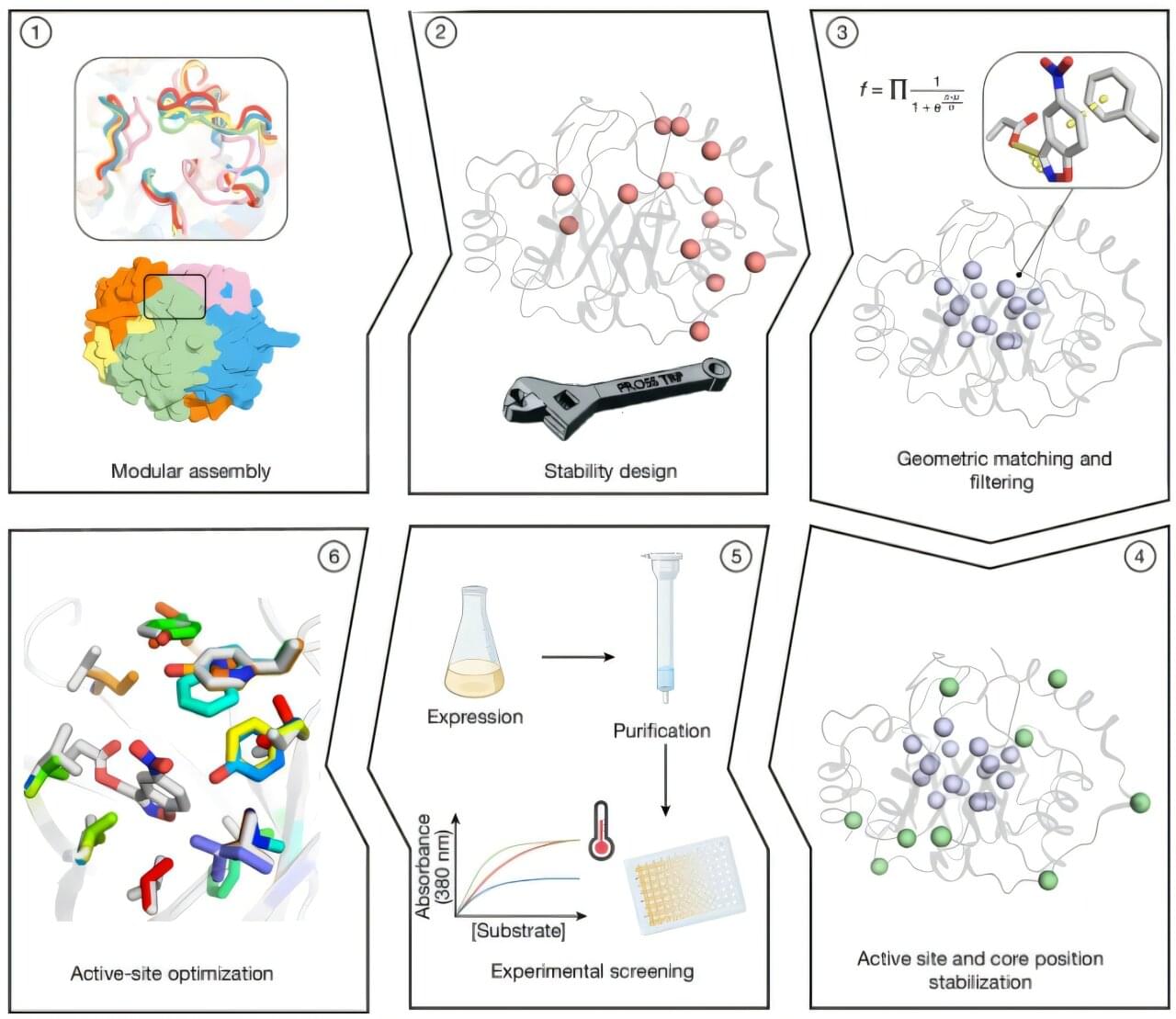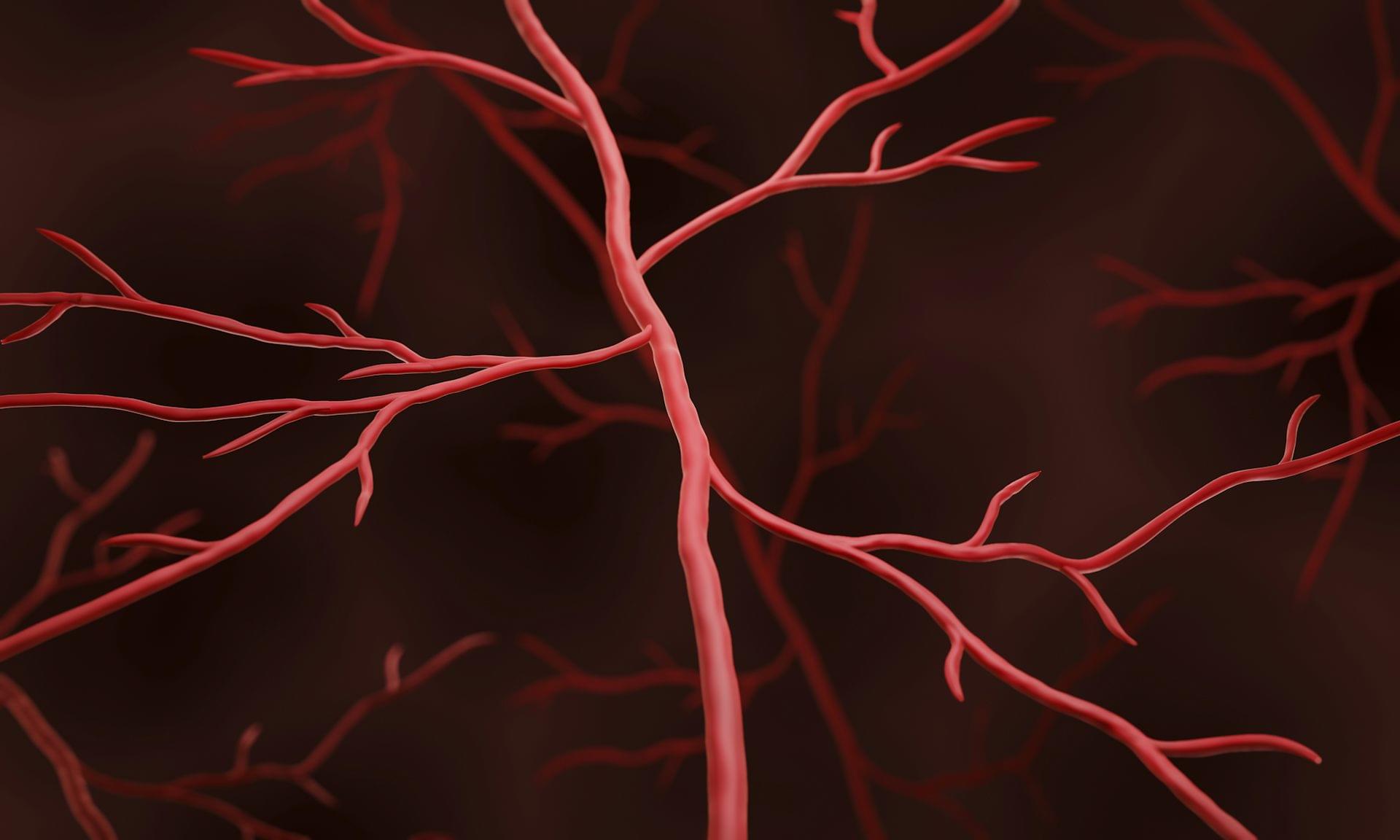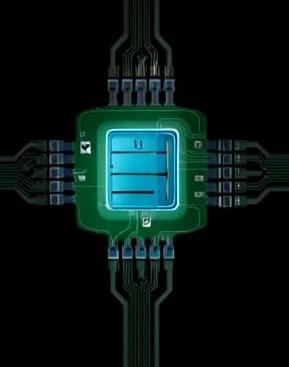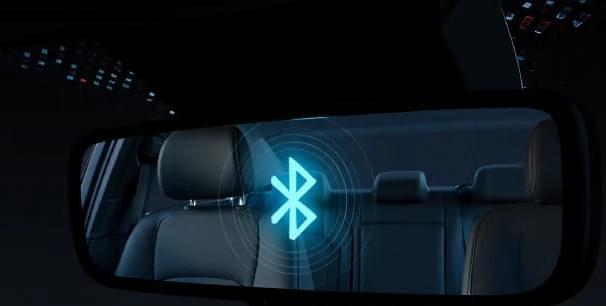Satellite data suggests cloud darkening is responsible for much of the warming since 2001, and the good news is that it is a temporary effect due to a drop in sulphate pollution





Astronomers have detected a giant exoplanet—between three and ten times the size of Jupiter—hiding in the swirling disk of gas and dust surrounding a young star.
Earlier observations of this star, called MP Mus, suggested that it was all alone without any planets in orbit around it, surrounded by a featureless cloud of gas and dust.
However, a second look at MP Mus, using a combination of results from the Atacama Large Millimeter/submillimeter Array (ALMA) and the European Space Agency’s Gaia mission, suggest that the star is not alone after all.


Tumors can destroy the blood vessels of muscles even when the muscles are nowhere close to the tumor. That is the key finding of a new study that my colleagues and I recently published in the journal Nature Cancer.
Muscle loss in cancer patients is a major health problem, but the exact causes of how precisely tumors affect muscles remain an active area of research.
Scientists in my lab were curious whether one explanation for the muscle loss in cancer patients could be that the cancer impairs the blood vessels that are necessary to supply nutrients and oxygen to muscles. Healthy blood vessels ensure that blood containing oxygen and nutrients is transported from the heart to all tissues and organs in the body, and then circulates back to the heart. Unhealthy blood vessels lose the ability to circulate sufficient blood and develop leaks, with nutrients seeping into the tissue prematurely and thereby cutting off the supply of nutrients to tissues that are further downstream.

We’ve detected that JavaScript is disabled in this browser. Please enable JavaScript or switch to a supported browser to continue using x.com. You can see a list of supported browsers in our Help Center.
Terms of Service Privacy Policy Cookie Policy Imprint Ads info © 2025 X Corp.


Cybersecurity researchers have discovered a set of four security flaws in OpenSynergy’s BlueSDK Bluetooth stack that, if successfully exploited, could allow remote code execution on millions of transport vehicles from different vendors.
The vulnerabilities, dubbed PerfektBlue, can be fashioned together as an exploit chain to run arbitrary code on cars from at least three major automakers, Mercedes-Benz, Volkswagen, and Skoda, according to PCA Cyber Security (formerly PCAutomotive). Outside of these three, a fourth unnamed original equipment manufacturer (OEM) has been confirmed to be affected as well.
“PerfektBlue exploitation attack is a set of critical memory corruption and logical vulnerabilities found in OpenSynergy BlueSDK Bluetooth stack that can be chained together to obtain Remote Code Execution (RCE),” the cybersecurity company said.
